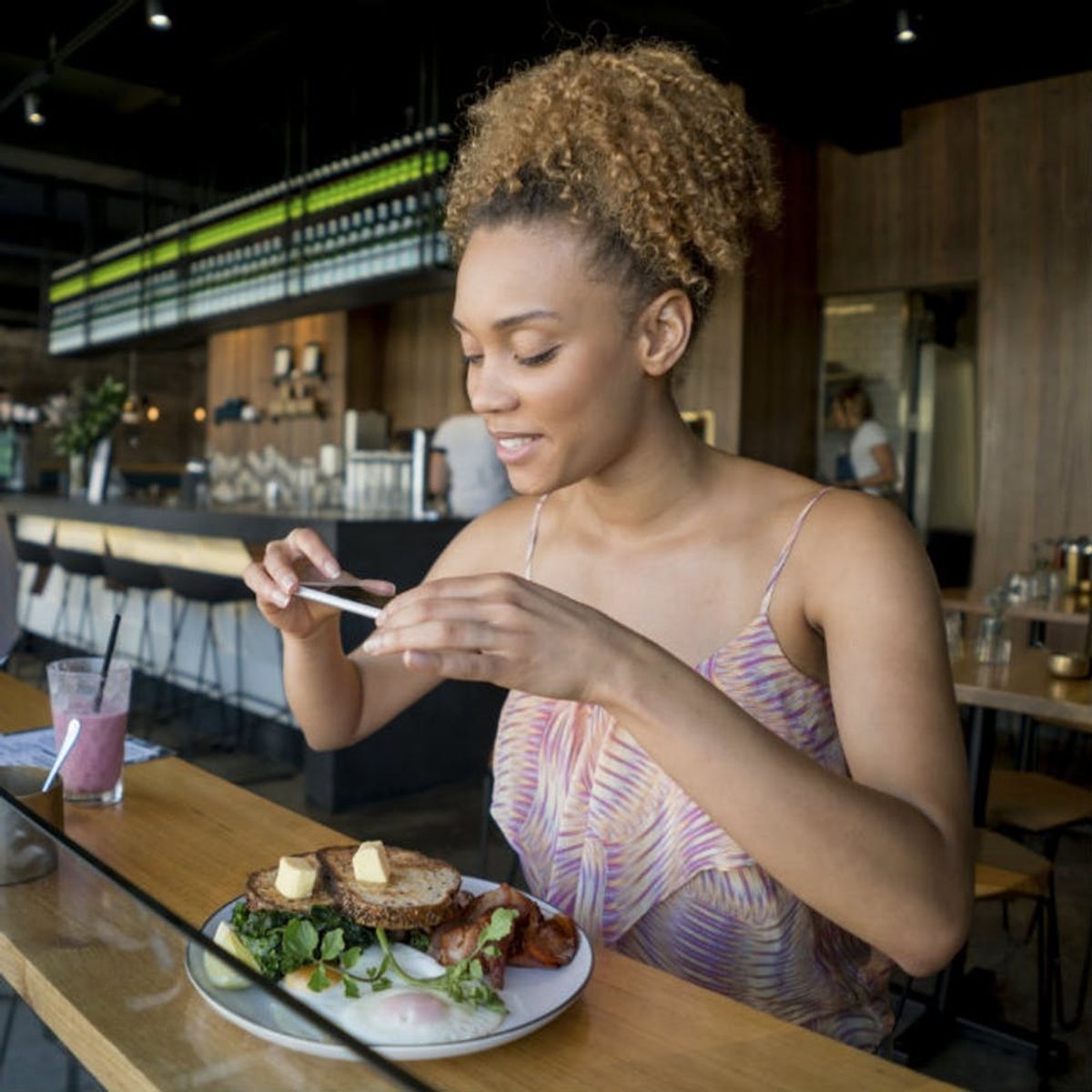A Surprisingly High Number of Millennials Fully Admit to Curating Their Personal Brands on Social

According to a new survey from Moosylvania, an advertising agency based in St. Louis, it’s pretty common for millennials to market themselves as they would a brand on social media. The survey found that one in four millennials admit to presenting themselves on social media as if they themselves were a brand, according to Advertising Age.
Personal branding can be really stressful, and doesn’t always work out the way people hope it might. At the beginning of the year, Fast Companylisted some common pitfalls of personal branding on social media, also noting that the upkeep of a personal brand is constant.
Perpetually shining on social media means seeming like an expert, but not getting stuck in a pigeonhole; seeming authentic while trying to sell yourself to others online; and not having your “brand” take over your actual personality. Sounds like a heck of a lot of work.

With the rise of the gig economy, which makes up just about one-third of the US workforce, many millennials have started “personal branding” themselves online, especially on Instagram.
Brand development strategist Charlsie Niemiec tells Brit + Co that “Millennials and clients, in general, are hyper focused on Instagram right now because they keep hearing its reach is much greater than Facebook.” She adds that the new story feature on Instagram allows users to go beyond presenting static looks, and can use more features to express multiple aspects of their work or personality. Niemiec works with a range of clients, from millennials who work in media to fitness instructors who want to gain more clients.
While the goals will differ from client to client, Niemiec says that ultimately, personal branding is all about expanding your reach, and remaining relevant. Some people just want to rack up a ton of followers to get their look or writing out there, while others hope to partner with other similar brands.
Rachel McCarthy James, a writer who lives in Kansas, tells Brit + Co that she definitely feels she has a brand presence on social media, and that it differs from platform to platform. On Instagram, she says, she’s mostly just there to post photos of her super cute dog because, being adorable, he rakes in the likes. On Twitter, she says, it’s more about her work.
As a freelance writer, McCarthy James says she feels some pressure to portray her personal brand in a certain way, such as getting verified. On the one hand, she says, lots of people are verified so it might not matter too much, but when shopping around book proposals and the like, it could be a help. She and her dad, James McCarthy, have a true crime book coming out together soon, and Rachel says that forming her own brand online also helps distinguish her work from her dad’s.
While McCarthy James says she doesn’t really feel much pressure from the outside world to appear a certain way online, she says that she definitely feels the competition inherent in social media. She tells us that she wonders why other people have more success in the form of likes and shares on social media posts, but overall, it doesn’t have much impact on how she views herself or her work. But this isn’t the case for everyone.

This work can add up to a lot of stress and self-esteem issues for some personal branders. As McCarthy James alluded to, personal branding online can bring about some feelings of competition with others, and make us wonder, “Why aren’t my tweets going viral?” or “Why don’t I have as many Instagram followers as other, more popular people?”
These questions can lead quickly down a rabbit hole of self-loathing. Especially among teens and young adults, research has demonstrated that social media has an overall negative impact on mental health, causing people to feel insecure and anxious.
And as many people with highly visible social media accounts — especially women, and particularly women of color — know all too well: a social media presence is sometimes perceived by others as an invitation for harassment. All of these factors compound the possible negative effects of investing deeply in personal branding online, but it’s not always all bad, especially when your platform isn’t giant.
McCarthy James says that while she has let social media go to her head at times, and that occasionally it can be frustrating, learning to avoid feeling fixated on it and limiting the time she invests in it has been a huge help.
“I try to make sure that I keep my online profile separate from my internal self,” she tells us. Sounds like very solid advice.
What are your thoughts on personal branding online? Tell us on Twitter @BritandCo.
(Photos via Getty)

















